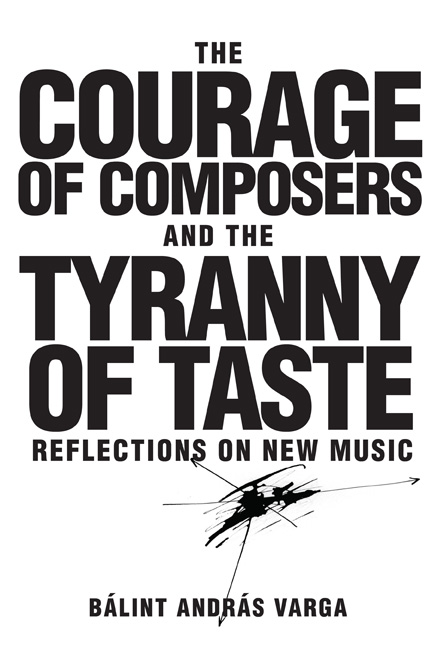27 - Wolfgang Rihm (b. 1952)
Published online by Cambridge University Press: 22 May 2021
Summary
For fifteen years, between 1992 and 2007, Wolfgang Rihm and I kept in touch on a daily basis. We spoke on the phone and sent each other faxes. (He has no computer to this day; e-mailing is out of the question.) As Universal Edition's promotion manager, I knew what he was composing, and also what he intended to write. It was a pleasurable and inspiring business relationship, which gradually turned into friendship, if of a professional kind.
My retirement at the end of 2007 put an end to our daily exchange, but it proved wholly natural for us to renew our contact when I approached him early in March 2015 to ask whether he would wish to contribute to my book. Below is our correspondence. I have included my letters because of his occasional references to some of the things I had written.
March 19, 2015
To be honest: I find there is far too much “hullabaloo” about the courage of artists. What else are they supposed to be doing other than what they are doing anyway (that is, creating)? More often than not, artistic activity is proclaimed in retrospect to have been courageous, but if you look at it closely (and if you are absolutely honest with yourself), you have to pose the question: what choice did one have?
In your letter, you recall our conversation where I mentioned the animosity with which my first compositions had been received. But I could not have written them in any other way! And—this seems to be particularly relevant to our subject—I never thought I was being “courageous.” Nor did it take any courage for me to carry on.
Whatever I have been doing as a composer is rooted in my innermost obsessions, passions, desires, as well as in my very own abilities, will and also in the fact that I simply cannot do otherwise. There is nothing heroic or courageous about that. It is rather that one produces something within one's possibilities. Within what else? He who follows the “mainstream” has no other choice. The same applies to he who acts otherwise.
- Type
- Chapter
- Information
- The Courage of Composers and the Tyranny of TasteReflections on New Music, pp. 168 - 177Publisher: Boydell & BrewerPrint publication year: 2017

